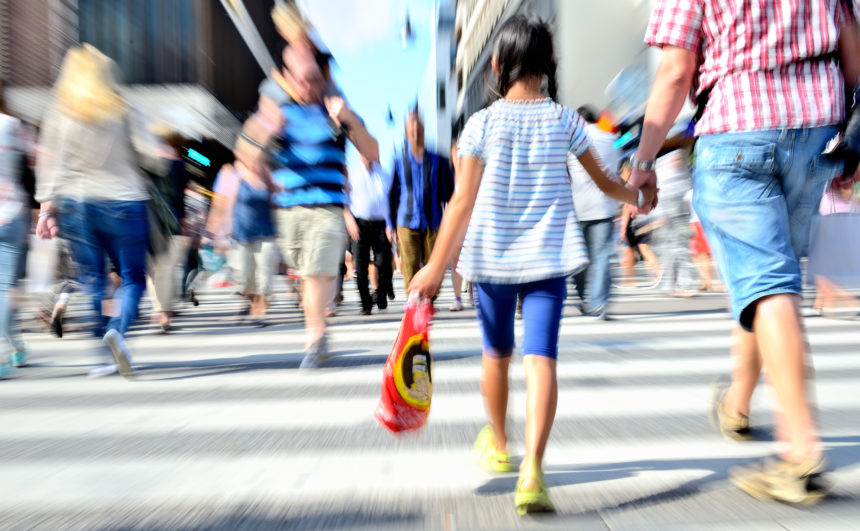Growing up in a single-parent family increases the risk of criminal behaviour during adolescence

In the European Union and the United States 15 and 27% of children, respectively, grow up in a single-parent family. Although the proportion of single-parent families has remained stable in recent decades, a clear shift is visible in how single-parent families come into being: this happens more often due to a divorce or with the children growing up with a single parent from birth, while the proportion of single-parent families caused by the death of one parent has decreased. Research has revealed that growing up with a single parent has negative effects on the child’s emotional well-being, cognitive development and school performance.
Systematic review based on 48 empirical studies
In order to see whether growing up in a single-parent family was correlated with the criminal behaviour of adolescents, researchers from NSCR and VU Amsterdam carried out a systematic review. They collected 48 empirical studies that were carried out between 1939 and 2014 and subsequently made a systematic analysis of the outcomes. A large majority of the studies revealed that growing up in a single-parent family increases the risk of criminal behaviour during adolescence. One empirical study revealed that adolescents from families disrupted by divorce exhibited higher levels of criminality than adolescents from families in which a parent had died.
Recent studies: criminality occurs more often among adolescents from single-parent families
The systematic review also revealed several limitations. For example, nearly all behavioural data of adolescents was self-reported. It is therefore likely that this data underestimates the actual criminality levels, due to the social desirability of the answers. There is also a lack of empirical studies into differences between the types of single-parent families. It is also not yet clear why recent studies – since 2000 – more often reveal criminality among adolescents from single-parent families. Finally, research into genetic influences could lead to new insights.
Supporting different types of single-parent families
The systematic review reveals that adolescents who grow up in a single-parent family have a higher chance of exhibiting criminal behaviour than children who grow up in a family with both parents. However, the findings provide no answer to the question as to why this difference is increasing and whether the type of single-parent family is relevant in this regard. Policymakers could use the results of further research to develop programmes targeted at supporting and supervising the different types of single-parent families.
Publication details and further reading
Kroese, J., Bernasco, W., Liefbroer, A. & Rouwendal J. (2020). Growing up in single-parent families and the criminal involvement of adolescents: A systematic review. Psychology, Crime & Law, pp. 1-15.
Actuele berichten

